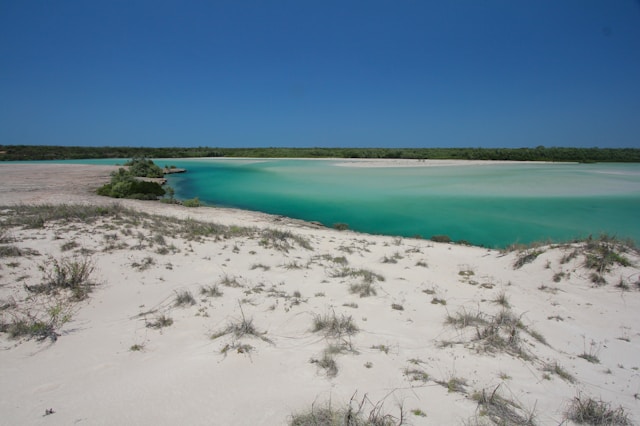A parliamentary committee will grill the head of the Reserve Bank over the central bank’s past decisions.
Australian mortgage holders have endured five rate rises as the RBA seeks to bring inflation under control, with the central bank’s governor Philip Lowe coming under pressure to resign based on previous rates predictions.
Dr Lowe will front the new economics committee on Friday about the central bank’s interest rate policy and efforts to counter inflation.
Committee chair Daniel Mulino said the committee hearing would complement rather than replicate an independent review of the Reserve Bank that was already underway.
“Australians have also seen interest rates rise for the past five months, which not only affects mortgage holders and families but small businesses and investment too,” he said.
“In this context, continuing scrutiny of our monetary policy settings remains important, particularly in view of the need to learn from past decisions.”
The RBA has attracted criticism for suggesting that interest rates would not start rising until 2024, although Dr Lowe has since clarified that this forecast was “highly conditional”.
Dr Mulino said the purpose of the independent review and the parliamentary scrutiny was to ensure the central bank remained fit for purpose.
Meanwhile, business sentiment has stayed persistently strong despite economic headwinds globally.
In August, confidence rose three points and conditions rose one point with both remaining well into positive territory, according to NAB’s monthly business survey.
Employment and profitability eased slightly but were elevated from long-run averages.
CommSec chief economist Craig James said businesses were feeling positive because they were passing higher costs on to customers and people were still spending, which was boosting profits.
He said customers were likely spending because of high employment and lifting wages, although pay packets have been rising slower than inflation.
Looking forward, NAB’s chief economist Alan Oster said businesses would start feeling the effects of rising interest rates.
Consumer sentiment is difficult to pin down, with new data suggesting people are becoming less worried about future rate hikes but are also starting to rein in spending.
A 3.9 per cent lift in consumer confidence for September recorded in the Westpac-Melbourne Institute index was more optimistic than expected.
“The improvement is a little surprising, especially given continued sharp rises in the cost of living and the Reserve Bank of Australia’s decision during the survey week to make another 50 basis point increase in the official cash rate,” Westpac economist Bill Evans said.
Overall, consumers remain pessimistic with the index hovering close to historic lows.
So far, rising interest rates and the soaring cost of living have not fed through from sentiment into consumers’ spending habits.
But CommBank’s latest household spending intentions index suggests rate hikes and price rises are finally starting to weigh on households.
Non-essential outgoings decreased in August, with sectors such as travel, entertainment, transport and retail all softening.
However, spending in other categories – such as cars, home buying, and health and fitness – was up, which contributed to the index lifting 0.8 per cent for the month to 115.5.
CommBank chief economist Stephen Halmarick said the mixed results showed an economy still recovering from the COVID-19 pandemic but starting to react to increased expenses.
The average price of a home fell for the first time in two years, according to data released by the Australian Bureau of Statistics, dropping $18,900 in the quarter to $921,500.
Poppy Johnston
(Australian Associated Press)




